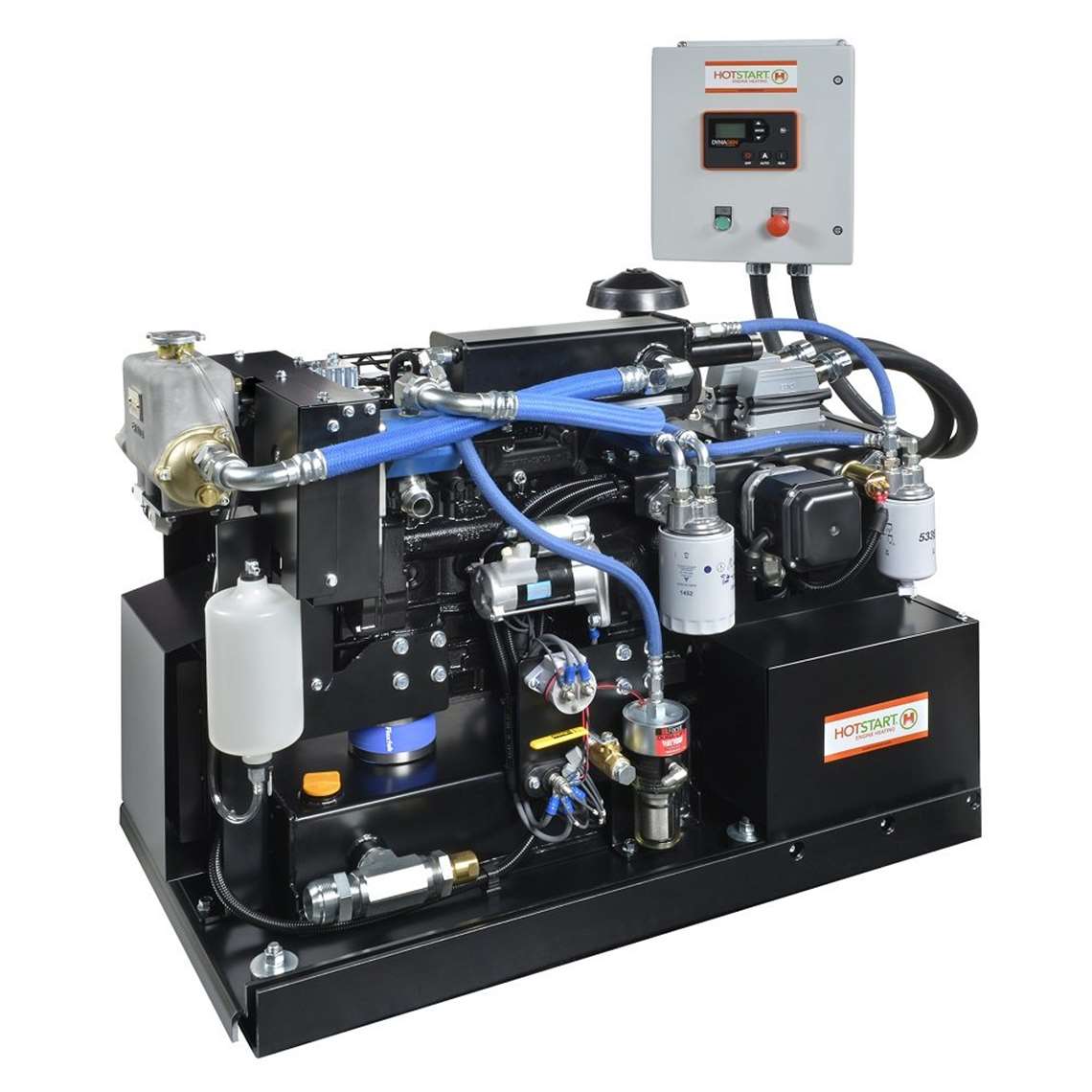Hotstart Establishes Regional Rail Location
06 April 2018

Hotstart, the Spokane, Wash.-headquartered specialist in idle reduction systems and engine oil and coolant heating technology, announced it has opened a new regional office in Merrillville, Ind. The new site is focused on providing local sales and technical support for the railroad market.
Hotstart supplies idle reduction systems for shortlines, Class 1 locomotives, transit, rebuilders and leasing companies and the new site will allow the company to be centered in the Midwest, East Coast and Canadian networks of shortline railroads. Hotstart engine heaters are designed to allow for the prime mover to stay above 100 °F, enabling for the engine to be shut down in cold weather rather than idle.
Casey Hall, market manager – Railroad, will be joined by Michael Mustradi in the new location. Hall, who has been with Hotstart since 2015, has more than 12 years of rail experience, while Mustradi has four years in the rail industry, most recently working at Hadady Corp. He joined Hotstart in 2017.
“This new location in Indiana will help us centralize our sales, training and technical support efforts within the main hubs of railroads running in the United States and Canada,” said Hall. “By being closer to the customer, we can respond quicker to their needs and help them optimize operations during cold weather.”
Merrillville joins Hotstart’s other regional offices, which include Houston, Texas, Seigburg, Germany and Tokyo, Japan.
STAY CONNECTED




Receive the information you need when you need it through our world-leading magazines, newsletters and daily briefings.
POWER SOURCING GUIDE
The trusted reference and buyer’s guide for 83 years
The original “desktop search engine,” guiding nearly 10,000 users in more than 90 countries it is the primary reference for specifications and details on all the components that go into engine systems.
Visit Now
CONNECT WITH THE TEAM









